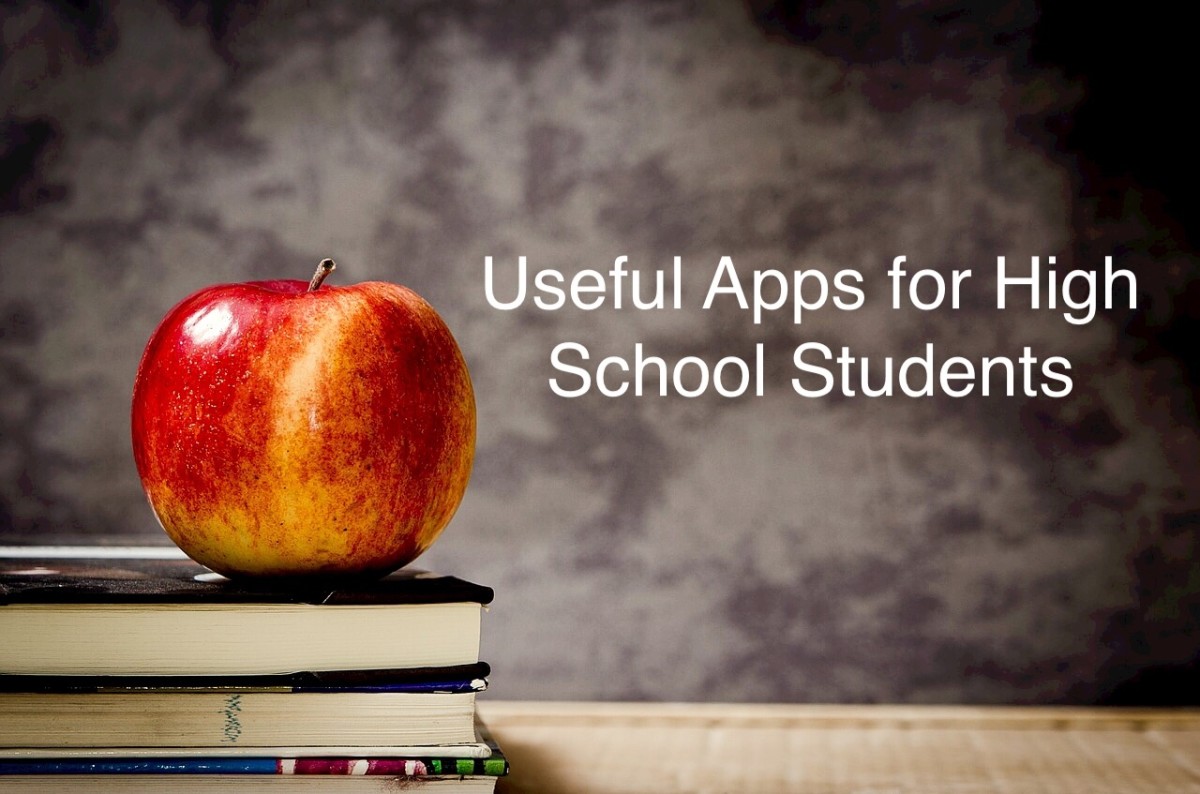Can You Still Look up a Dictionary?


'i' Before 'e' Except after .....What?
or that the letters within the words determined the word's position in the dictionary? For instance abaft will come before abattoir?
Take a sample from the first page of Chambers English Dictionary for instance.
Abaft.... f, before
Abalone... l, before
Abandon.... n, comes before
Abase.... se, which is before
Abash.... sh, which comes earlier than
Abate.... te, which is sooner than
Abattoir.... tt.
I know, I know; you’re shaking your head at such a daft question. Everybody can look up a dictionary for goodness sake. But……..
……when was the last time you looked up a dictionary or directory?
I’m not denigrating the upcoming generation; they are vastly more knowledgeable than my generation ever was. This is partly because at school they learn about things that didn’t even exist in my generation, and they are multi-functional in their technical abilities. They accept things like iPods, cell phones and tablets as facts of life.
I can still remember the first television and yes, it was black and white with a screen almost the same size as one of today’s tablets. And I can still recall the first day I started work, and the paralysing fear I felt when I discovered as office boy that I had to answer the only telephone – and the utter humiliation when it did ring, and twenty staff members discovered that I hadn’t a clue which end to talk into.
That cannot happen nowadays; the youth of today has phone/camera/TV’s/ welded to their hands and ears. I have seen a teenager cycle through the park with two dogs on a leash as he texted a message on his cell phone; needless to say he was cycling hands free.
There is no doubt about the youth of today’s versatility - or their reliance on technology.
And it is that reliance which is most troubling.
The problem of the future will be if technology fails, even briefly – and we all know that it will at some point. Not much would happen nowadays; when the electricity supply fails we congratulate ourselves for toughing it out for the two or three hours it takes for the emergency crews to re-connect us. If our TV signal fails, the television set will automatically search for another signal from a different transmitter. However, if the internet should cease to exist, we would be up sh** creek without a paddle, especially when it comes to communication via the written word.
The top photograph shows the dictionaries and reference books I have beside my monitor. I can find the answer to anything by searching for the proper reference book. If I want to find the Canadian or American spelling of a word all I have to do is pick up the correct book and riffle through it until I find what I want. If I’m not too sure of the spelling of a word I can look it up before entering it on-screen. Should I want to know what a Kangaroo’s baby is called, I can open up a volume of the Universal Encyclopedia under Australia and search for the answer there. The answer is a ‘joey.’ the female is called a ‘flyer’ and a male is known as a ‘boomer.’
Did I look up my reference books to find out these facts? Did I heck! I did what every sane person on the planet does. I sat on my fat butt and typed ‘kangaroo baby’ into Google and I had the answer immediately. Not only can I find the answer to the question that is bugging me, but I can find synonyms and antonyms. If I am not to sure of how to spell the word all I need to do is enter my spelling of the word on-screen and watch as Microsoft changes it straight away to the proper spelling. Not only that, my computer tells me off for entering ungrammatical sentences. If I’m not too sure of what I want to look up, I can find it by using the online reverse dictionaries.
You are only a click away from all of the World’s knowledge. This astounding fact is almost incomprehensible. Pause for a moment and allow yourself to be overwhelmed.
The snag? It could lead to mass illiteracy, if not mass ignorance.
The illiteracy could come about because it will soon be unnecessary to know any grammar or spelling whatsoever.
The ignorance can come about because there will be no point in remembering anything when it is so simple to find it out.
I’ve noticed this already in my smartass friends – the kind that used to know lots of silly facts, like Wonders of the World, Greek and Roman gods, quotations from the Bible or Shakespeare, and historic battles dates. Now, when I ask them for a specific date, they give me a blank look, and tell me to consult Google.
There is a word that encompasses all that I am trying to explain – hold on a minute until I look it up.
Sigh….There is one printed encyclopaedia I won’t be looking up. The news has just been released (March 2012) that the Encyclopaedia Britannica – the pinnacle of information when it comes to the written word has now ceased printing the encyclopaedia, and has changed over completely to the digital version.
Happy grammatical memories - enjoy.
P.S. In Jan 2018 - Our 5 year old grandson was no longer being taught how to write - you know, with pen and paper! And our 10 year old grandson has no idea what a multiplication table is.








